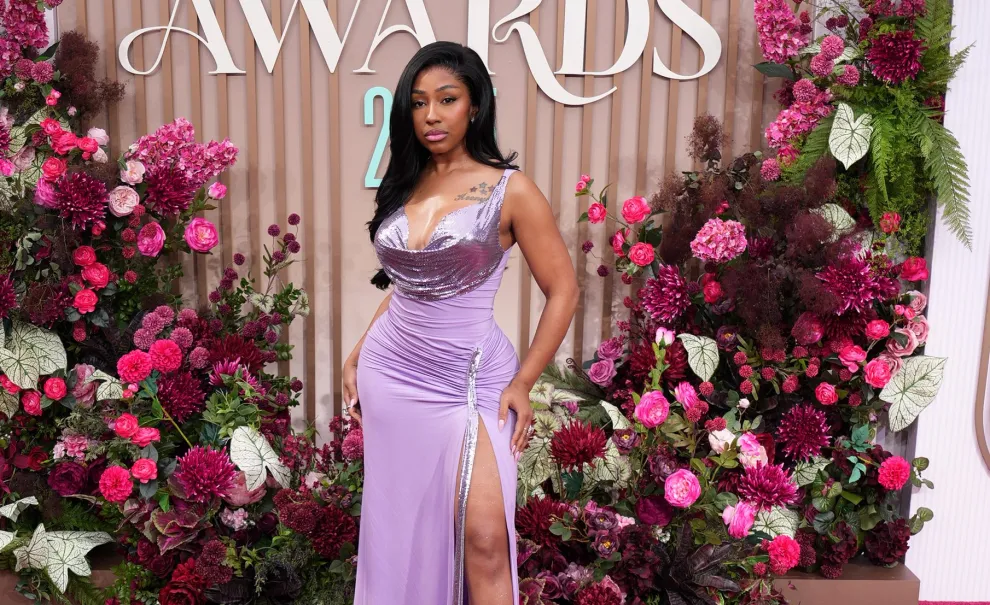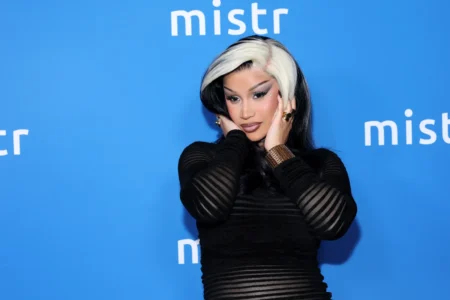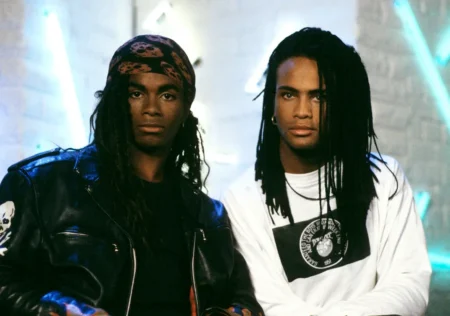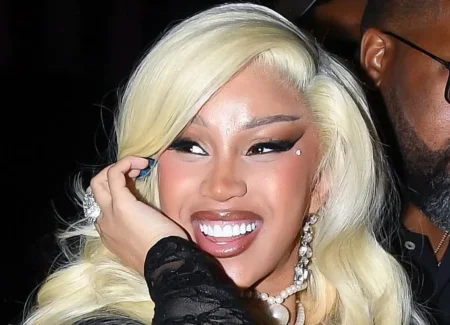In a recent interview on On That Note with Shawn Stockman, R&B legend Faith Evans opened up about the music industry’s double standards for women—and her steadfast decision to never compromise her values for fame.
Evans, the first woman signed to Bad Boy Records in 1994, made it clear: she built her career on real talent, not sexualized marketing.
“I never had to sell sex to sell records,” she said. “Real talent shines.”
A Career Rooted in Substance, Not Shock Value
Faith Evans’ 1995 debut album Faith—featuring hits like “You Used to Love Me” and “Soon As I Get Home”—set a precedent for soulful, honest music. Her sound, a blend of gospel roots and smooth R&B, made a statement: sex appeal wasn’t a requirement for chart success.
Even as the industry shifted toward image-driven promotion, Evans stayed true to her artistry. Albums like Keep the Faith and Faithfully reinforced her position as a vocal powerhouse with a message of emotional honesty and resilience.
“I never felt like I had to change who I was,” she shared, referencing her influences—Aretha Franklin, Anita Baker, and Chaka Khan—who led with soul, not spectacle.
The Ongoing Industry Struggle for Female Artists
Faith Evans’ perspective remains vital in an era where many female artists still face pressure to sexualize their image. Camila Cabello, for instance, has publicly discussed her discomfort with the hypersexualized branding during her Fifth Harmony years.
These issues aren’t just personal. A 2022 Musicians’ Union study found that:
- Over 50% of women in music face gender discrimination.
- One-third have experienced sexual harassment.
Evans’ refusal to conform is a quiet but powerful protest against this norm—proving that authenticity and artistry can outshine superficial expectations.
Love, Loss & Legacy: The Notorious B.I.G. Connection
Faith Evans’ story also intersects deeply with hip-hop history. Her whirlwind marriage to The Notorious B.I.G. in 1994 added layers of complexity to her career. Despite the relationship’s challenges—including infidelity and public drama—Evans remained grounded.
After Biggie’s tragic death in 1997, Evans turned her grief into music. Her tribute track “I’ll Be Missing You” became a global anthem of loss and healing. In 2017, she released The King & I, a duet album blending her vocals with unreleased Biggie verses—an emotional tribute to their story.
She also shared their journey in her memoir Keep the Faith, highlighting her ability to merge personal vulnerability with public strength.
Faith Evans’ Enduring Message: Authenticity Matters
Today, Faith Evans stands as a beacon for younger artists navigating an industry still plagued by unrealistic expectations. Her message is clear and unwavering:
“Integrity still resonates. And real talent, as she said, still shines.”
In a world of fleeting trends, Faith Evans is proof that staying true to yourself is not just admirable—it’s timeless.














